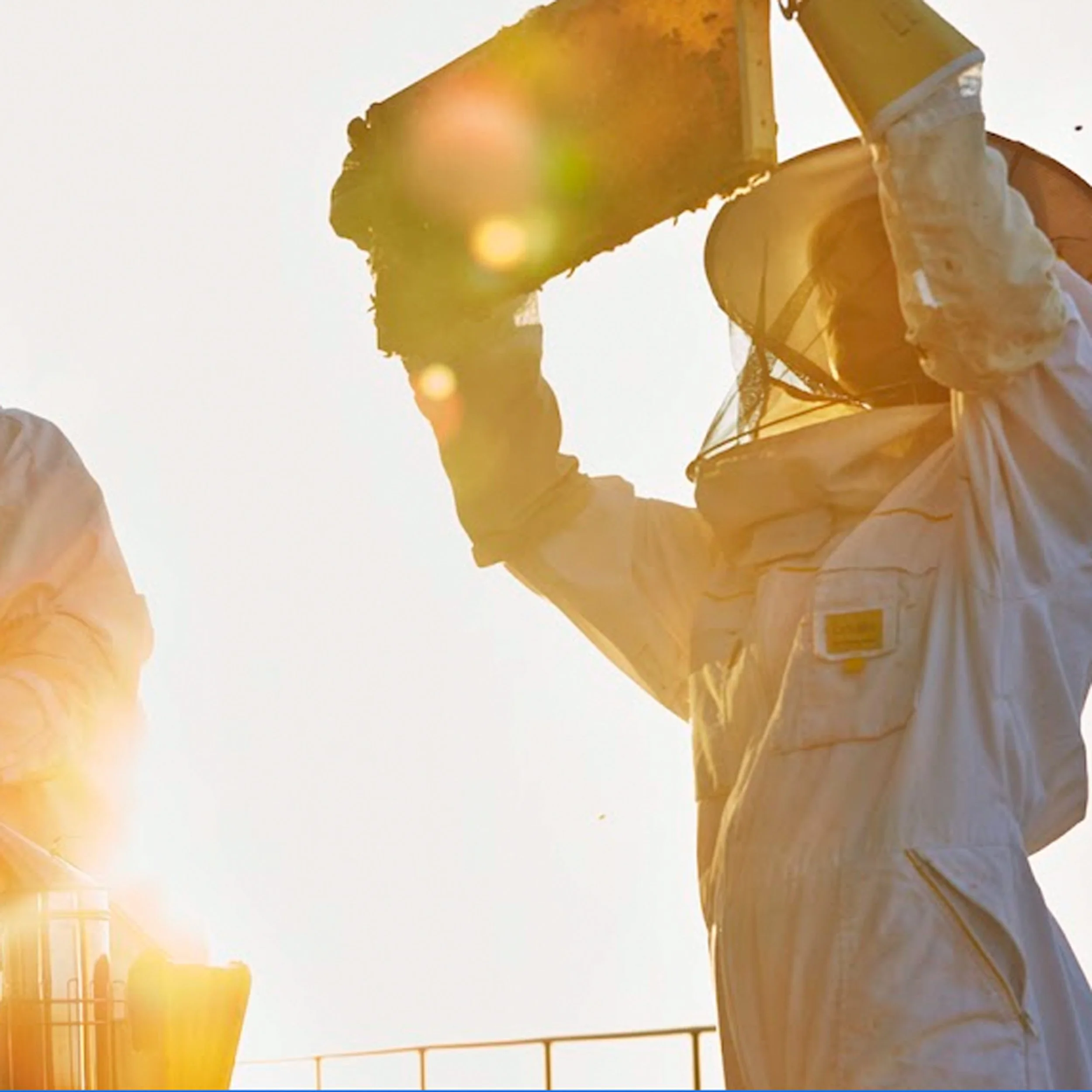Happy World Bee Day w/ The Best Bees Company Co-Founder NOAH WILSON-RICH - Highlights
/Co-founder & CEO of The Best Bees Company
Largest Beekeeping service in the US
I was originally drawn to bees because they're social creatures. And as humans, I always wanted to know about ourselves and how we can be our healthiest selves and our healthiest society. Bees and wasps, and all of these organisms have been around for so long. Bees especially have been around for 100 million years.



















